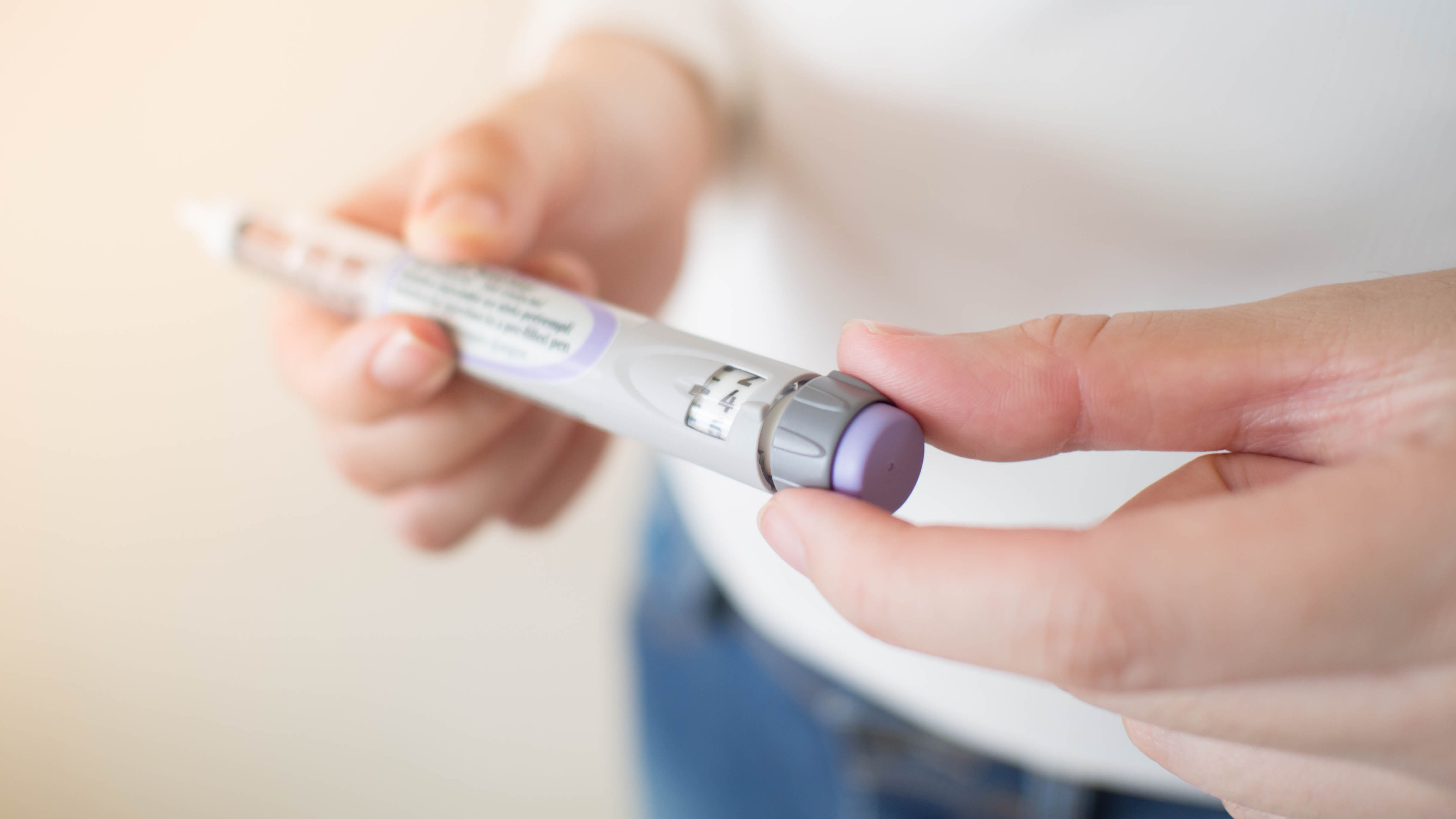
Three Virginia localities have filed federal lawsuits claiming some of the country’s biggest insulin manufacturers and the companies that work with them conspired to control the drug’s price.
Attorney Mark Pifko is part of the Baron and Budd legal team involved in the suits filed in Arlington and Henrico counties and the city of Alexandria. He described the claims as alleging a price-fixing scheme that’s impacted residents as well as the insurance premiums for those who are covered by county plans.
“Plaintiffs in the case allege that the manufacturers and PBMs colluded together and ultimately raised the prices that caused financial harm to people who have to pay for insulin products,” he said.
Pharmacy benefit managers, or PBMs, act as a kind of middleman to help negotiate drug prices. They started as a good faith effort to coordinate with small businesses and insurance providers to help buy drugs: the more folks involved, the cheaper the drugs.
But Pifko said acquisitions and vertical integration saw drug makers and PBMs consolidate, and, according to the complaint, opened the door to a 10-fold increase in the price of insulin over the last 20 years.
“They’ve moved on from the core functions they were designed to do,” Pifko said.

Fairfax County Del. Karrie Delaney has tried to address insulin access issues by changing state law. She said new lawsuits against insulin manufacturers may help lawmakers prioritize the issue.
The suits are inspiring one elected official to revisit health care costs during the next session. Northern Virginia Democratic Delegate Karrie Delaney was exposed to the range of insulin prices after her teenage daughter was diagnosed with type 1 diabetes two years ago.
“She sees it firsthand as someone who needs insulin and recognizes some people have easier access getting affordable insulin than others,” Delaney told WHRO media partner Radio IQ.
The Delegate, whose district includes parts of Fairfax County, has worked in the legislature to increase access to insulin for years, including a bill that allows pharmacists to refill insulin prescriptions in emergencies. She said these new lawsuits might be good grounds to revisit the issue, including the creation of a new state board that would review and scrutinize the price of drugs for those in the commonwealth. She noted a similar effort made it out of the Senate last year but was killed by Republicans in the House.
“I think we’re better positioned this year to see that pass,” she said, suggesting it would be among the new Democratic majorities' efforts to reduce healthcare costs.
Any such effort to address the cost of insulin would be welcomed by national groups like the American Diabetes Association. The ADA’s Chief advocacy officer Lisa Murdock said an estimated 8.4 million Americans live with diabetes and affordability is an issue that disproportionately impacts already vulnerable populations like the elderly and communities of color.
“The American Diabetes Association has worked tirelessly at the state and federal levels to advance insulin co-pay caps and other policies that make diabetes treatment more affordable,” Murdock said.
Novo Nordisk, one of the manufacturer defendants named in the suit, said in a statement the price fixing claims are false and they plan to fight them in court.
They also said they’ve since dropped the price of their insulin product to $35 for those who qualify.
But Pifko says that price drop instead shows they could have been charging consumers less all along.
“That begs the question why you weren’t doing that 20 years ago and doesn’t rectify the past issue,” he said.
As for the future of the lawsuits suit, Pifko said they're likely to get transferred to a similar dispute in New Jersey federal court. And while monetary damages are still unclear, the attorney hopes any outcome will bring more sunlight to the sale of insulin.
“There’s middlemen in the process making a ton of money," he said of the PBMs. "So, we hope these cases will increase transparency, show who’s making what kind of money. And the hope is that will result in a fairer market.”




